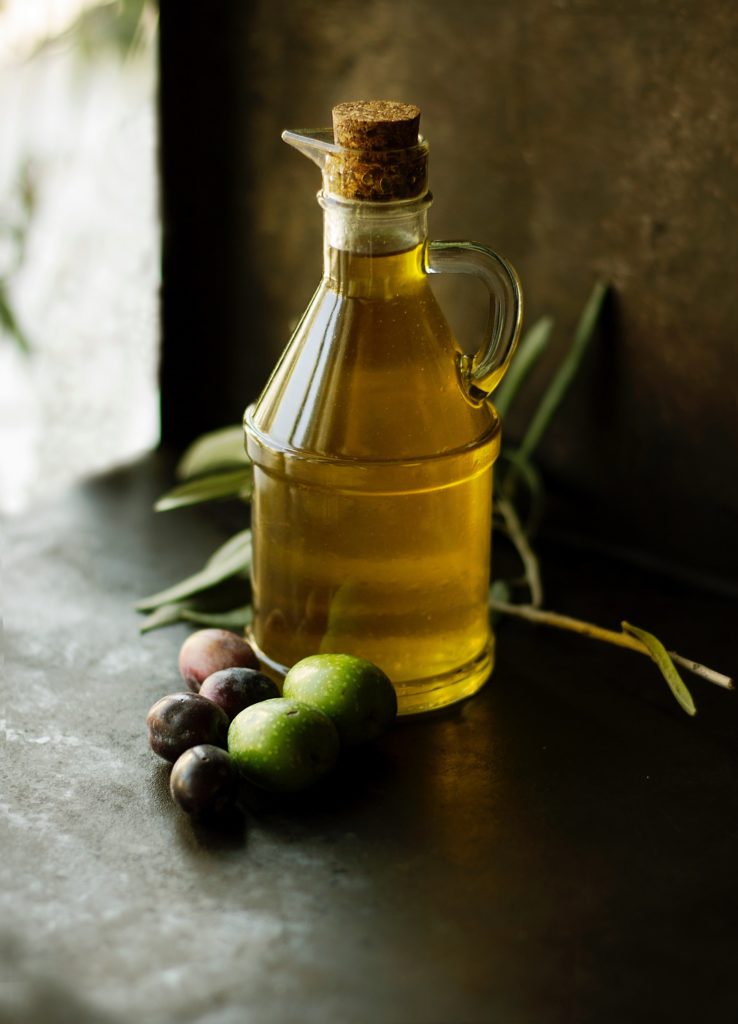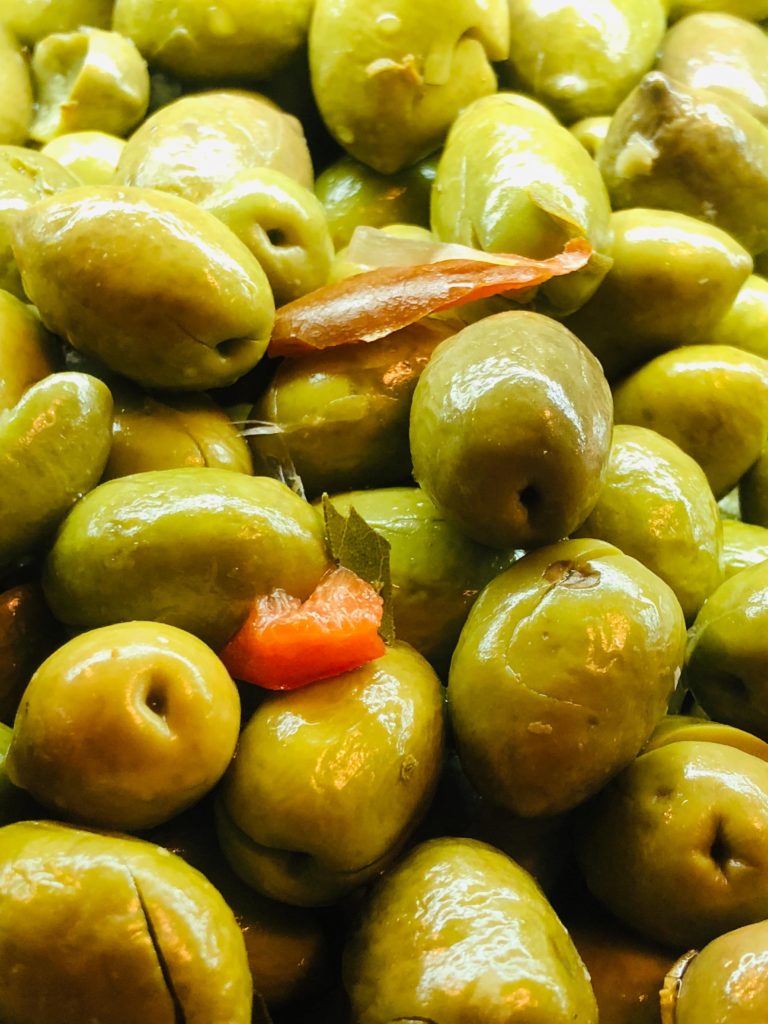The question of whether an olive is a vegetable or a fruit has puzzled many people for years. Some view it as a fruit because it contains a pit and grows on a tree, while others consider it a vegetable because it is used in savory and salty dishes. Ultimately, the classification of olive as a fruit or a vegetable is a matter of semantics and can be argued either way.
1. Is Olive a vegetable or fruit? The Scientific Standpoint;
From a scientific standpoint, an olive is indeed a fruit. More specifically, it is considered a drupe, which is defined as a fruit with a single seed encased in a fleshy outer layer. Olives grow on trees and are harvested when they are still green and unripe. As they mature, their color changes from green to black, with many different shades in between.

Despite this scientific classification, many people still perceive olives as vegetables. This perception is likely because olives are commonly used in savory dishes, such as salads, sandwiches, and pizzas. They are often served pickled or preserved in brine, which enhances their salty and tangy flavor.
2. Is Olive a vegetable or fruit? Other Opinions;
Furthermore, some people argue that how olives are consumed supports their status as a vegetable, as they are typically eaten as a savory snack or added as a condiment to dishes, rather than consumed as a sweet dessert or snack.
Fruits and vegetables are two very different types of food, each with its own unique characteristics and nutritional benefits. However, there is often confusion among people about what exactly constitutes a fruit or a vegetable, leading to misunderstandings about their respective health benefits and culinary uses.
3. Is Olive a vegetable or fruit? What is the common confusion between fruit and vegetable?
One common source of confusion is the assumption that all plant-based foods are vegetables, when in fact many fruits such as tomatoes, cucumbers, and peppers are often classified as vegetables. This misconception is largely because these “fruit-vegetables” are often used in savory dishes and prepared like vegetables, leading many people to view them as such.

Another point of confusion lies in the scientific definition of a fruit versus a vegetable. In botanical terms, a fruit is defined as the mature ovary of a flowering plant, containing seeds and surrounded by fleshy tissue. In contrast, a vegetable is any edible part of a plant that is not a fruit or a seed, such as roots, leaves, or stems. This means that many foods that are commonly thought of as vegetables, such as sweet potatoes and squash, are fruits, and whole foods that are not typically thought of as vegetables, such as beans and nuts, are not considered fruits either.
4. Is Olive a vegetable or fruit? What are the important facts?
Despite these differences, the importance of fruits and vegetables in a healthy diet cannot be overstated. Both are rich in vitamins, minerals, and phytonutrients, which are compounds that have been shown to have disease-fighting properties. Fruits are particularly rich in vitamin C, while vegetables tend to be higher in vitamins A and K.
the goodnesses of olives are many and varied, making them a great addition to any healthy diet. Whether eaten alone or used as an ingredient in dishes, olives are an excellent source of healthy fats, antioxidants, fiber, and important vitamins and minerals that support overall health and well-being.
5. Is Olive a vegetable or fruit? Olive has many health benefits;
Olives are a rich source of antioxidants that help to protect against oxidative damage caused by free radicals in the body. These antioxidants include vitamin E, polyphenols, and flavonoids. The high levels of antioxidants found in olives may provide a range of health benefits, including reducing the risk of chronic diseases such as cancer and Alzheimer’s disease.
It also contains a range of important vitamins and minerals, including calcium, magnesium, phosphorus, potassium, and vitamin E. These nutrients work together to support a healthy immune system, promote strong bones and teeth, and support overall health and well-being.
7. Is Olive a vegetable or fruit? Versatile in nature;
Olives are a highly versatile food that can be used in a variety of dishes. They are commonly used in Mediterranean cuisine and can be used to add flavor to salads, pizzas, pasta dishes, and more. Additionally, olives are commonly used to create olive oil, which is a staple in many cuisines around the world and is believed to provide many of the same health benefits as olives themselves.
Conclusion;

In the end, the debate over whether an olive is a fruit or a vegetable may be more of a linguistic and culinary discussion rather than a scientific one. Ultimately, it is up to the individual to decide whether they consider olives a fruit or a vegetable, based on their perception and use of the ingredient. Whether used as a topping on a pizza or eaten alone as a snack, the delicious and versatile olive remains a staple in many cuisines around the world.
Read More: PERFECT THIN CRISPY PANCAKES

